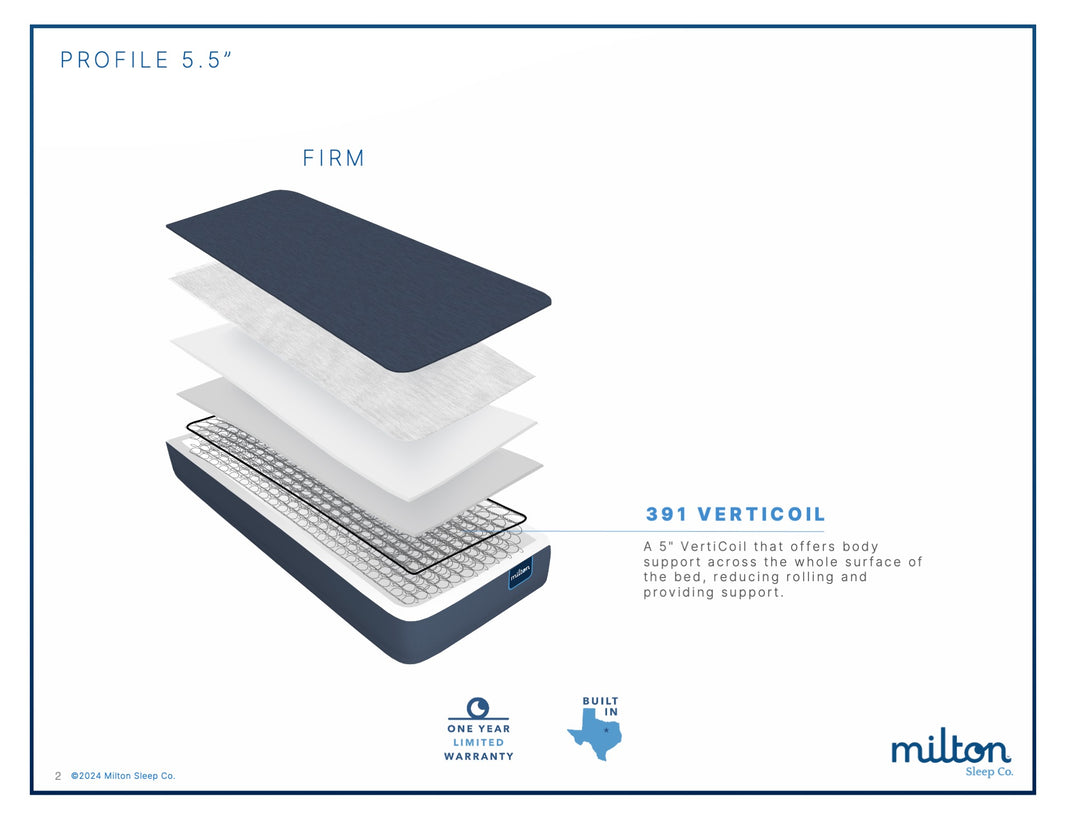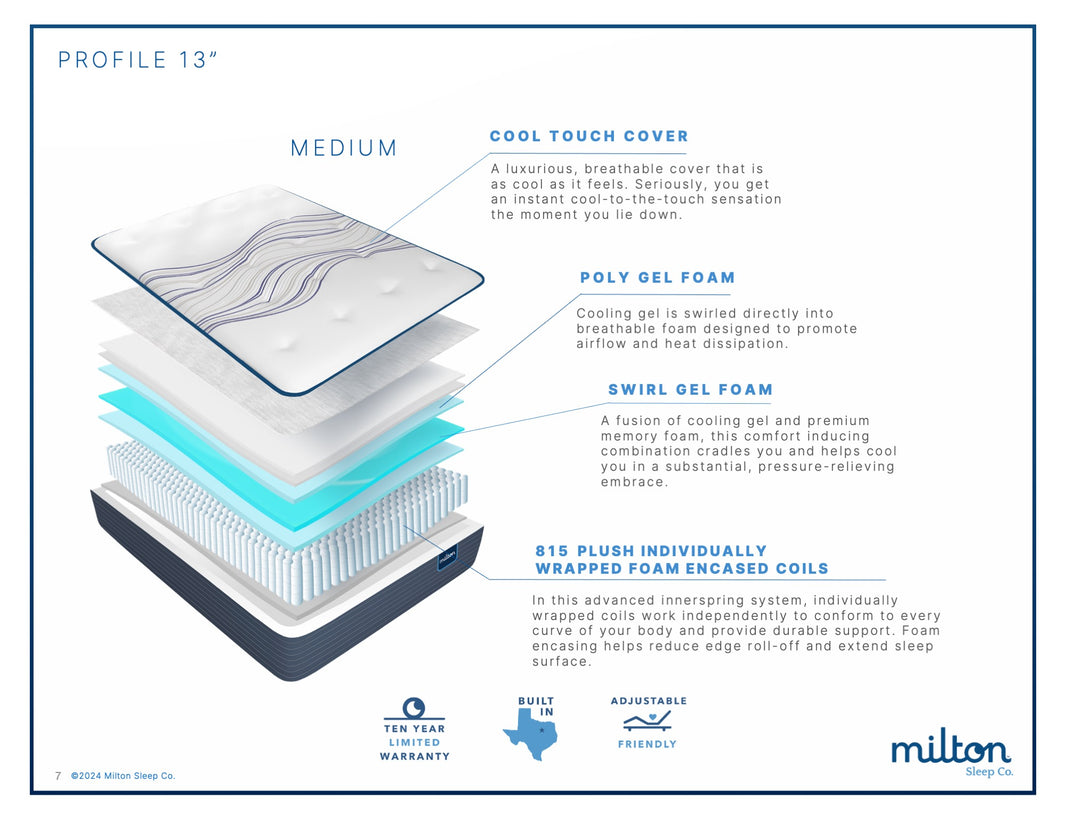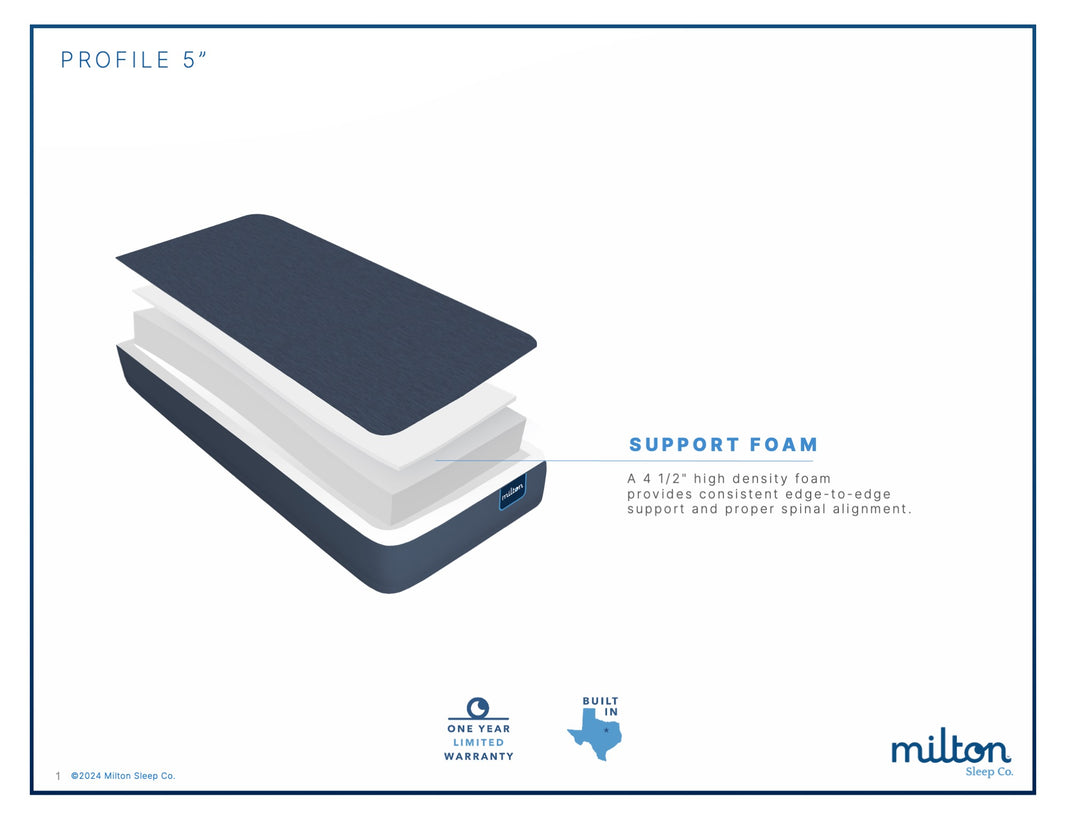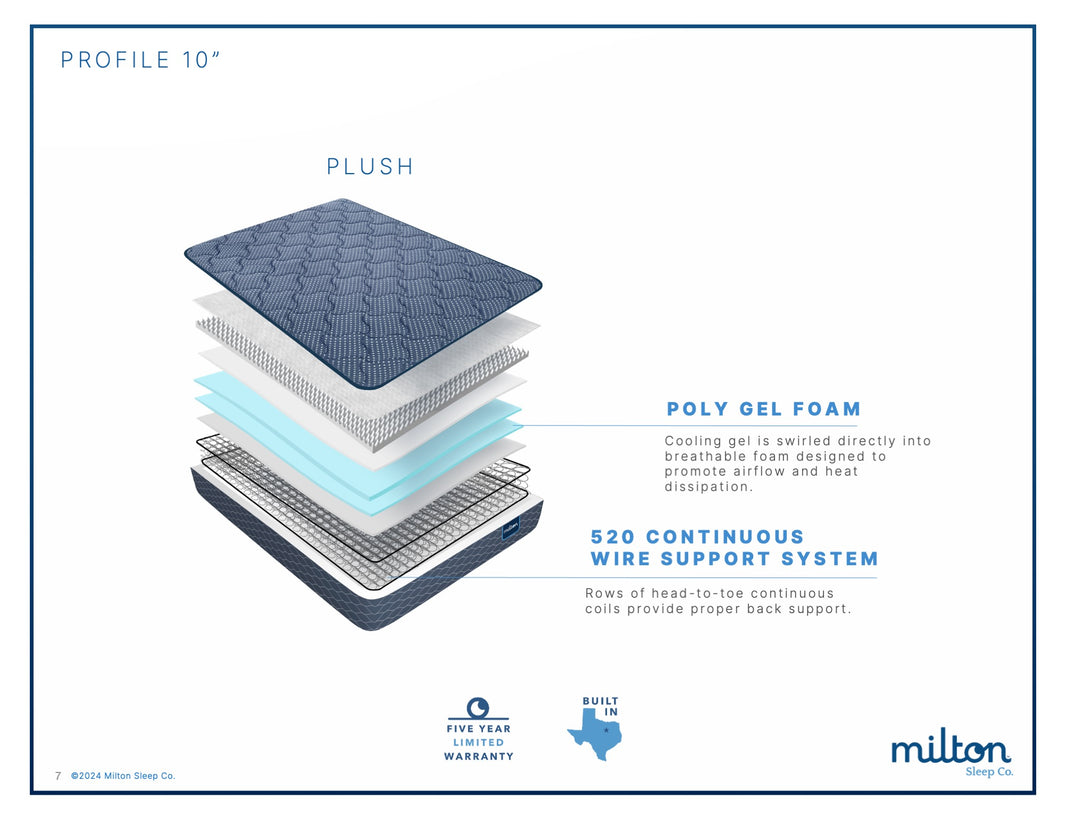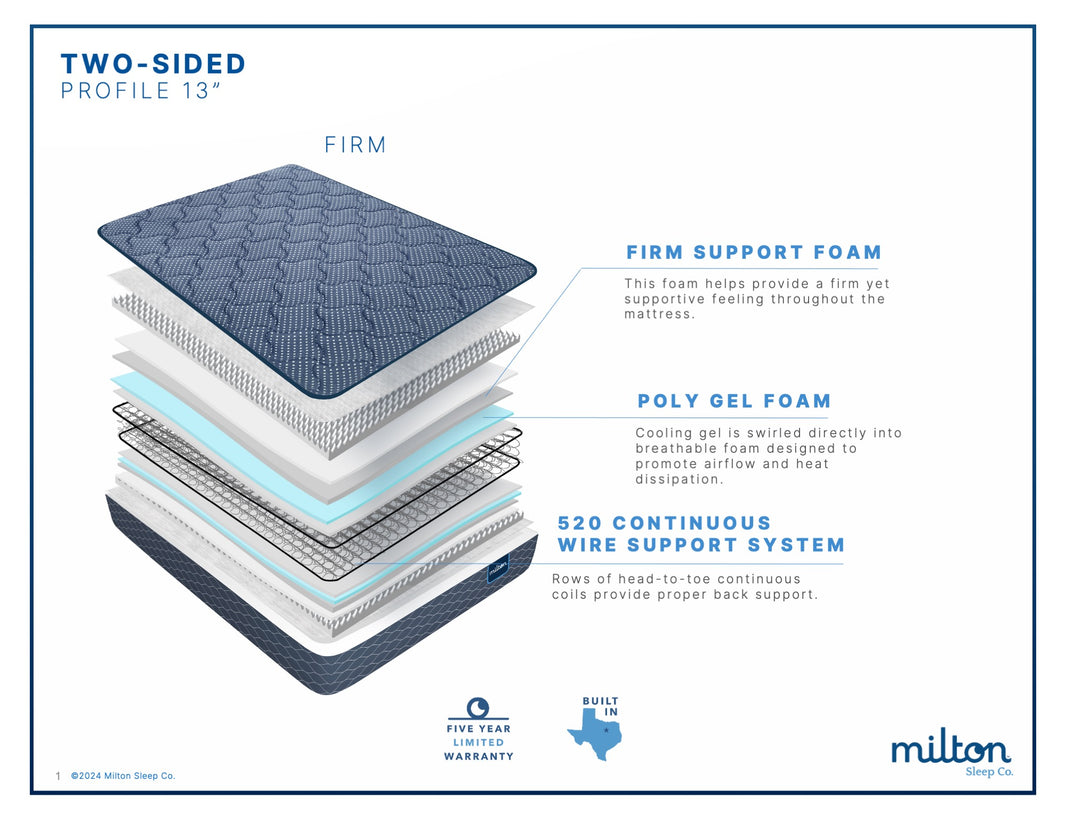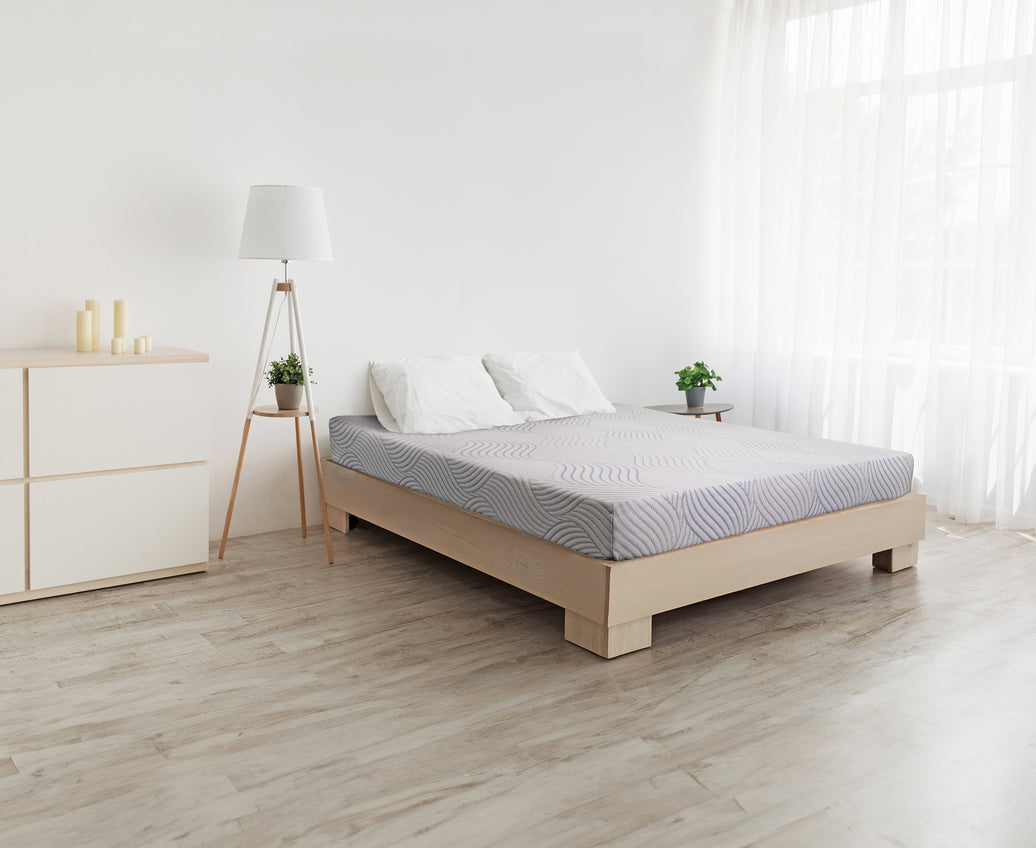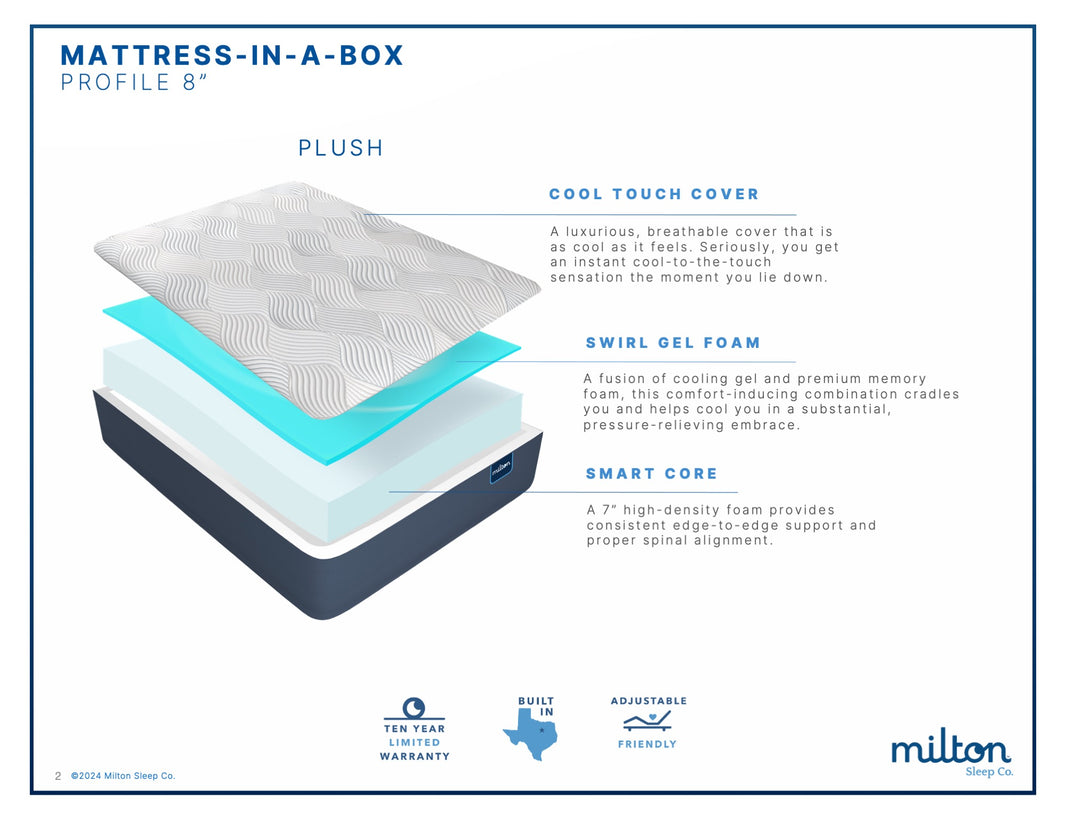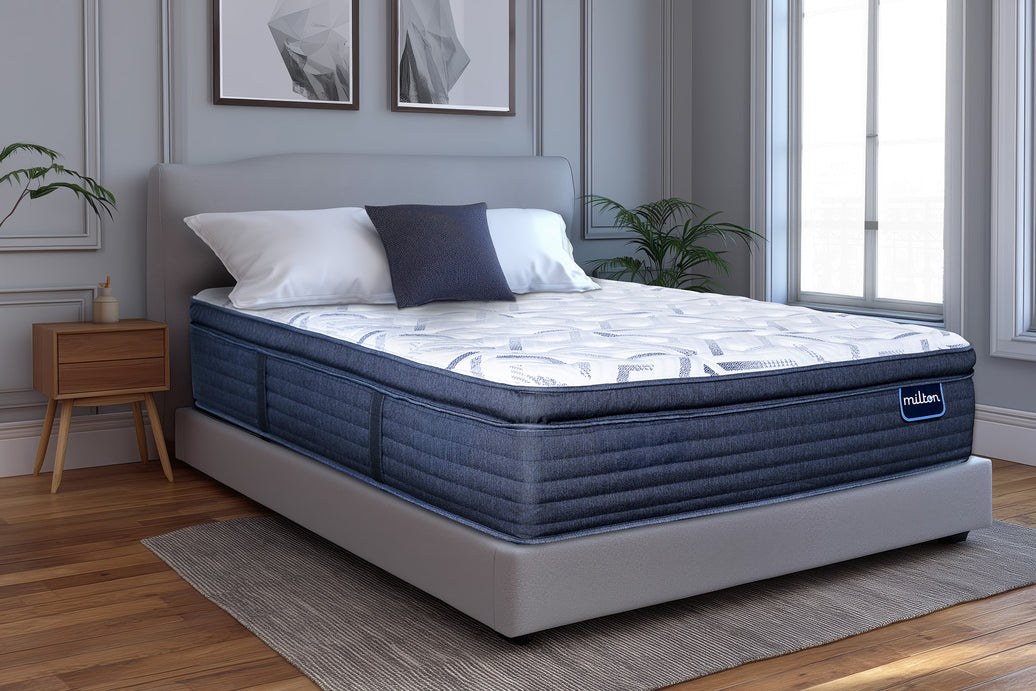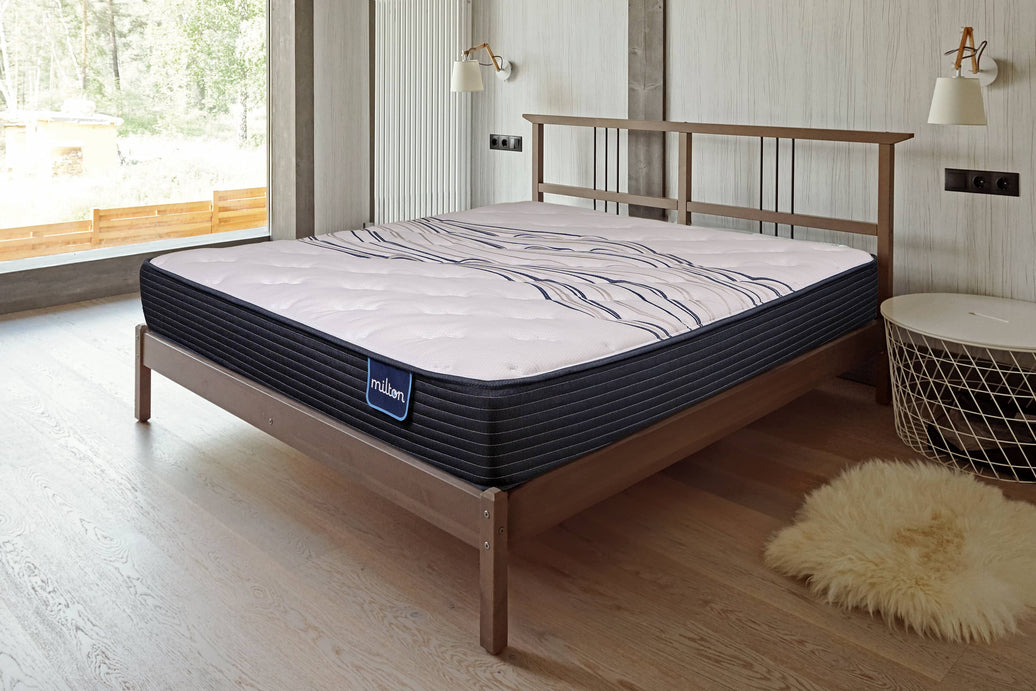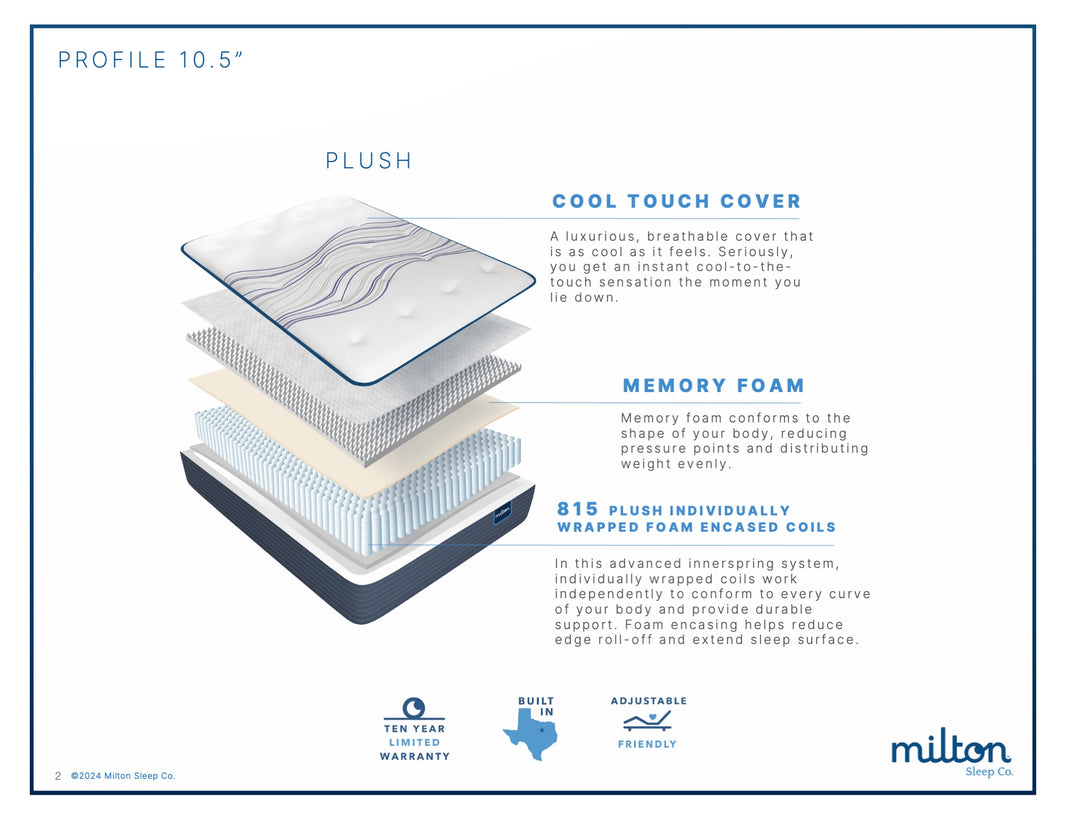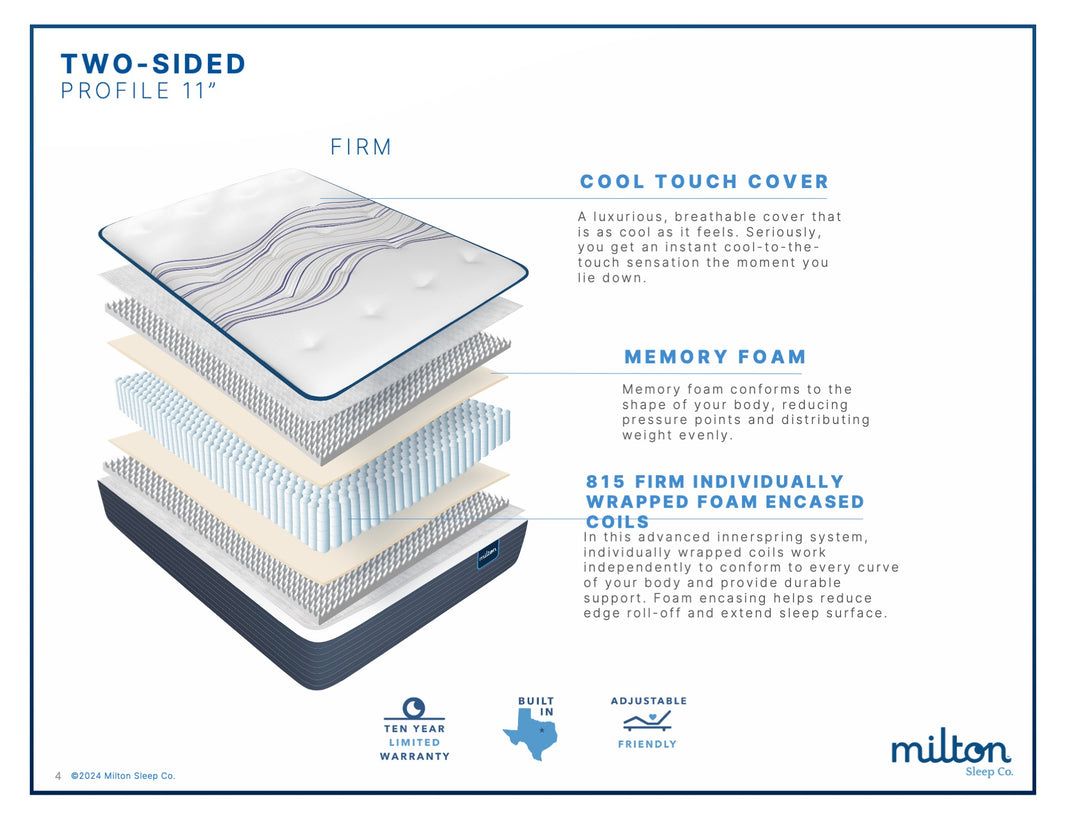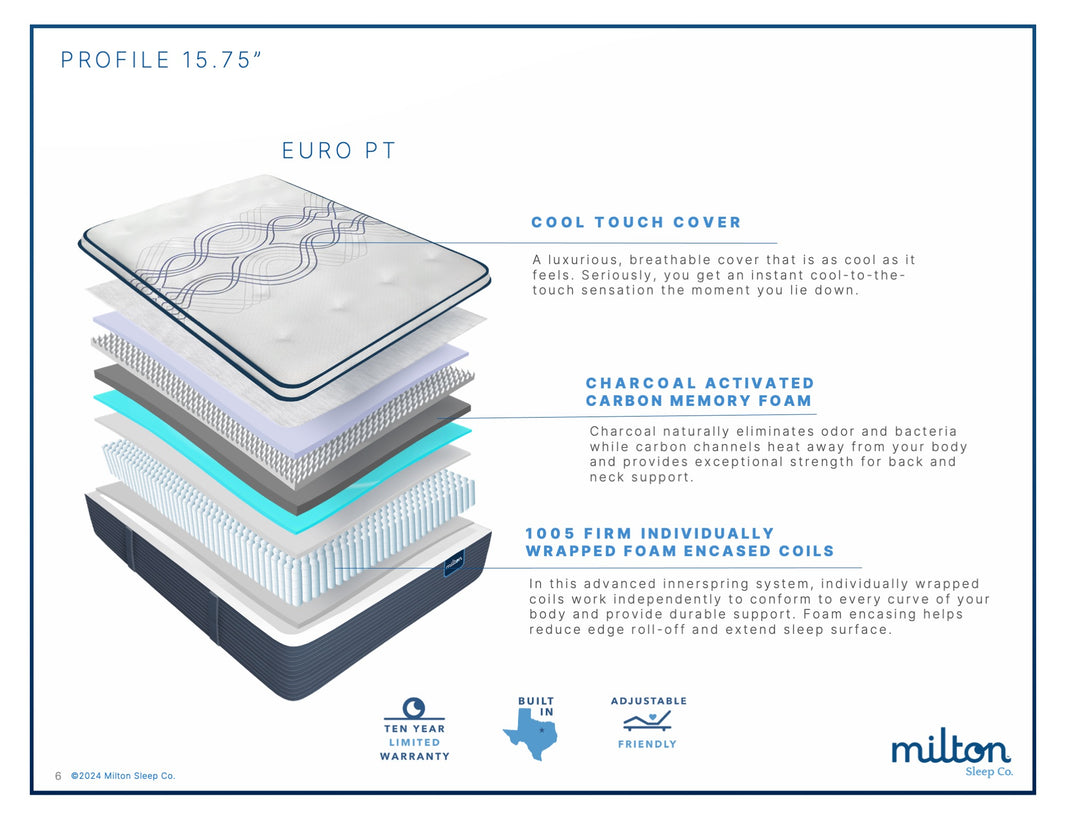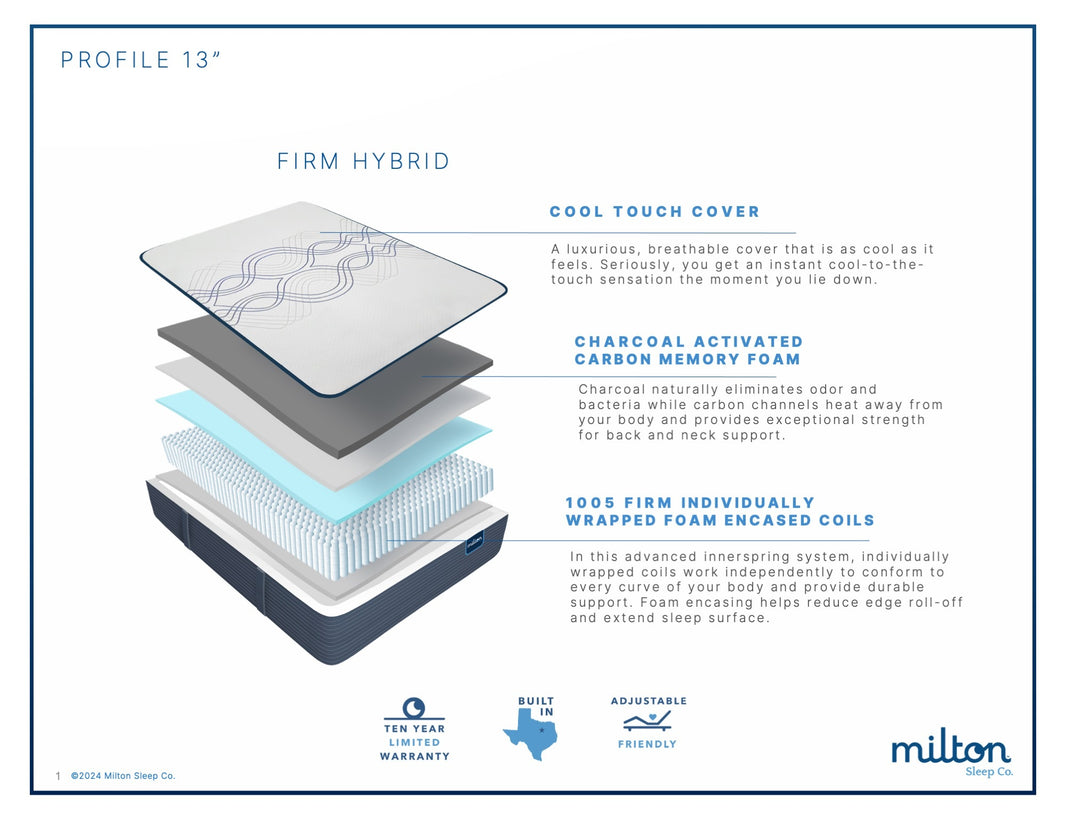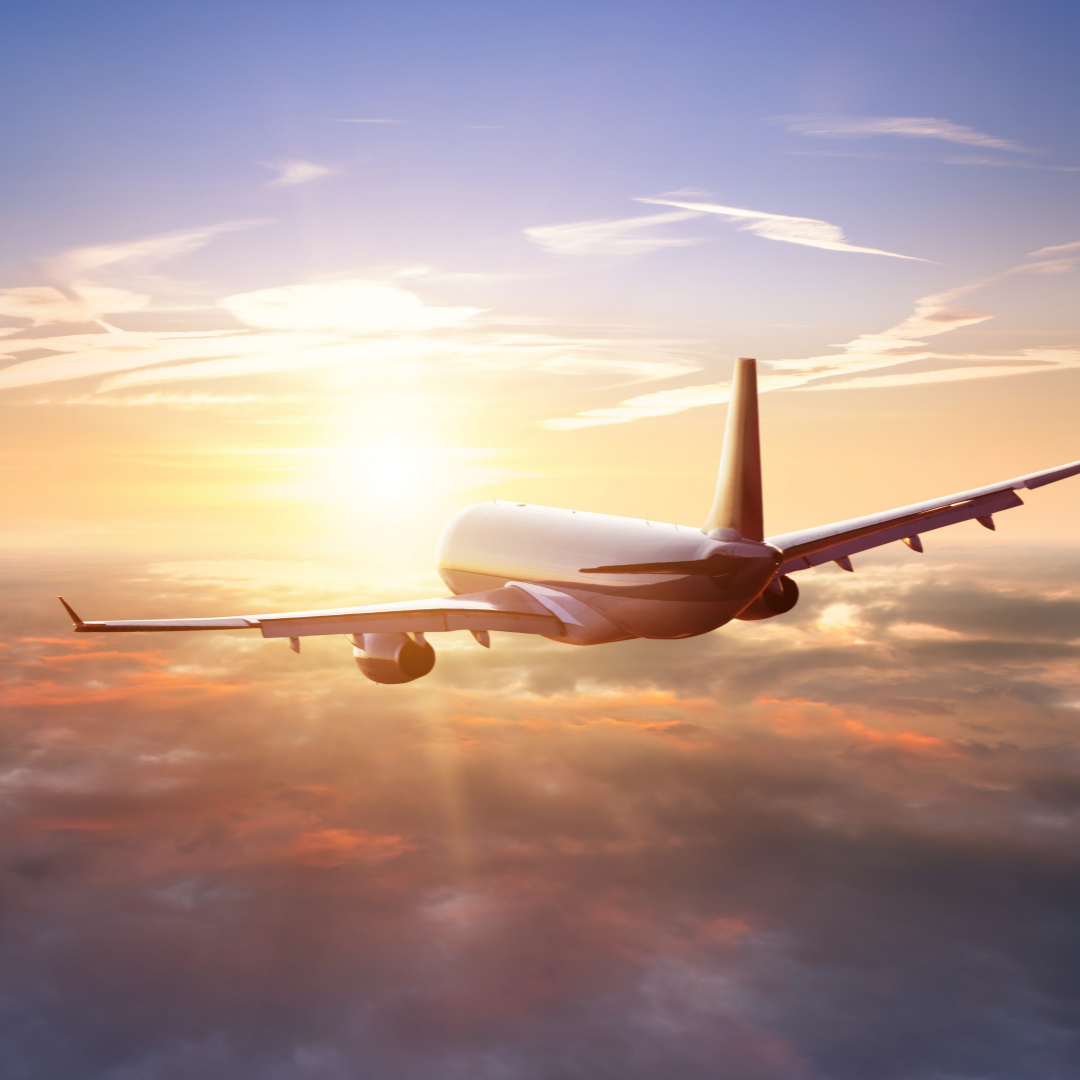Travelling can mean different things for different people. For those who travel for business, it might be a chore. For those who use it as an opportunity for family time, maybe it’s something you save up for and look forward to.
Regardless of how travel impacts your life, one thing is certain: it can really throw a wrench into your sleep routine. There are a few reasons why travel can have a significant impact on sleep, often in a negative way. But don’t worry – there are also some steps you can take to limit travel’s impact on your rest.
How Travel Impacts Your Sleep
It’s no secret that travel can make you weary.
Travel fatigue refers to the symptoms generated by physical and mental stress from travel. Symptoms can range from exhaustion, to headaches, to sleep loss.
When you journey across time zones, your circadian rhythm (your body’s internal 24hr cycle) no longer matches up with the night and day of your new location, making you feel exhausted when you should be energized for your vacation.
Drastic changes in schedule, diet, and exercise routines that often accompany traveling to a new place all work to exacerbate travel fatigue.
Add in the excitement of being on vacation and the thoughts of all the activities you're going to be doing the next day and you're set for a day relying on caffeine.
What to Do About Jet Lag
So, if we know that travel fatigue can make traveling harder, it begs the question: what can you do about it?
There are a few things that can be done before, during, and after travel which can help.
In the week before you leave, make sure to try and minimize pre-travel stress.
Ensuring that loose ends are tied up prior to departing and that key logistics for when you arrive at your destination (where you’re staying, how to get there, etc.) are planned can help a lot.
Drinking lots of water during your travel day can help you feel refreshed, and frequent hand washing can minimize exposure to germs and keep you healthy during your trip. Basically, the key is to reduce stress and the hormone, cortisol, because it exhausts your system.
Plus, you want your travel to be fun and relaxing, so do whatever you can to support that – even planning breaks in the middle of your day to replenish your body (aka eat and drink) and mind.
Melatonin Can Help with Jet Lag
More practically: take a melatonin supplement. Melatonin, taken before, during, and after your trip can help with jetlag, especially when travelling eastward.
A meta-analysis of 10 scientific studies revealed the key is to take a fast-acting melatonin at the desired bedtime of the time zone you'll be traveling to. So if you're in Texas (Central) and are going to Florida (Eastern) and have a desired bedtime of 10pm, take melatonin at 9pm Central.
More melatonin is not necessarily better. 5mg is the highest amount that had any impact.
Sleeping Better Helps Too
Obviously, another major issue is you're not sleeping on your own bed. Tossing and turning because you can't get comfortable causes a whole different level of tiredness (which is another reason why melatonin may be beneficial).
To be clear, melatonin should only be used to help in the short term. You'll have a much better trip and won't be saying, "I need a vacation from my vacation" when you come back if you follow the tips above and have an extra comfortable Milton mattress to come home to.


